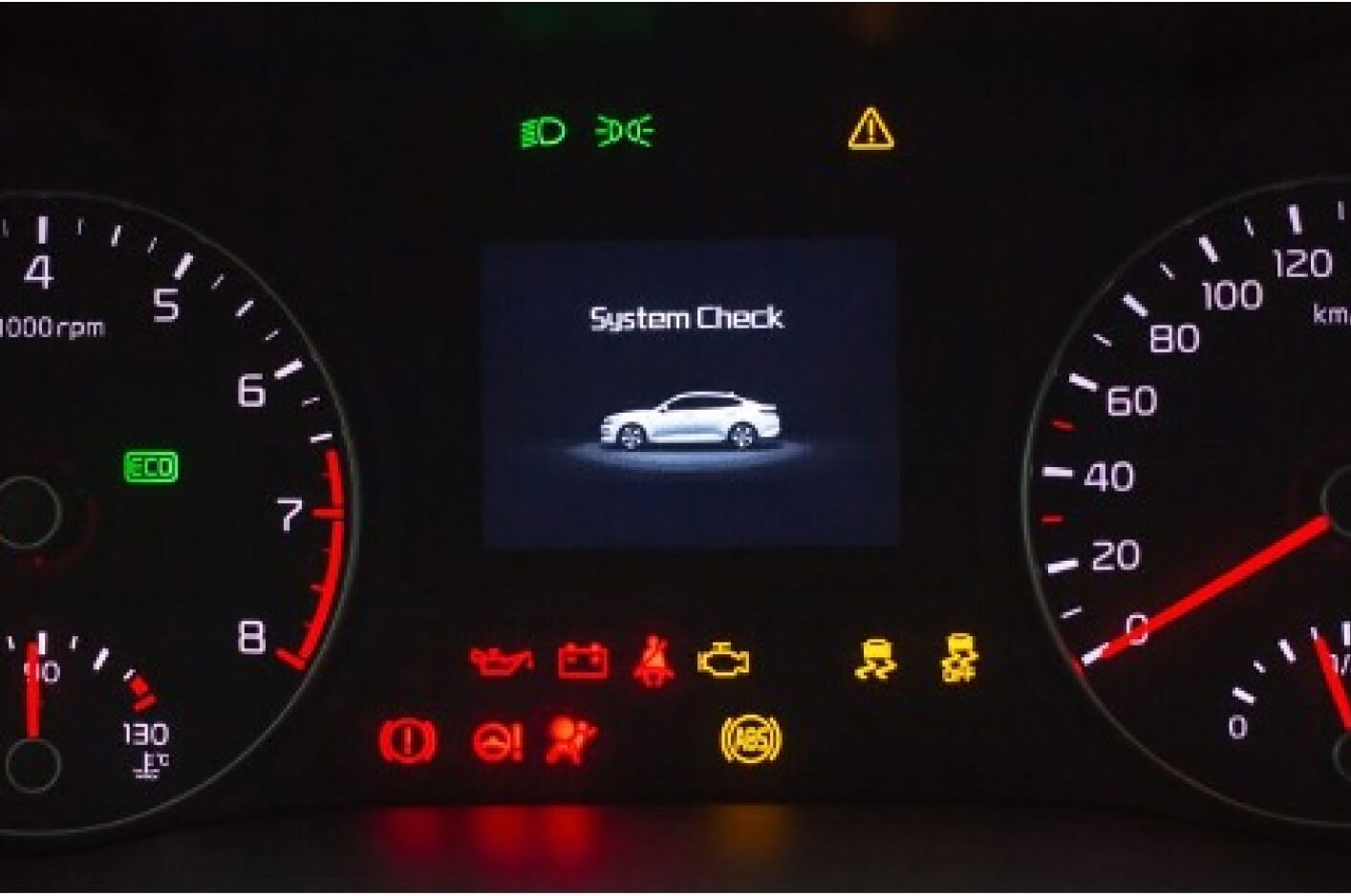17 October 2017
Drivers told not to ‘put all the pressure’ on TPMS by TyreSafe
Drivers have been told not to rely solely on tyre pressure monitoring systems (TPMS) to ensure their tyre safety, with too many ignoring vehicle dashboard warning lights.

TyreSafe, the UK charity dedicated to raising awareness of the importance of correct tyre maintenance,, said that while tyre pressure monitoring systems were proven to improve road safety by advising of a change in tyre pressure, drivers needed to check their vehicle TPMS was working and be aware that it did not warn them of the condition of their tyres, nor the amount of tread depth.
Vehicles first used after 1st January 2012 and equipped with a TPMS fitted by the vehicle manufacturer must have a functioning system to pass the MOT test. While typically reliable, drivers need to check their car’s TPMS on a regular basis to ensure it is working, as the system could fail and batteries in the wheel-mounted sensors could run out, said TyreSafe.
TPMS is now mandatory on all new cars sold and drivers need to ensure the TPMS symbol comes on with all the other warning lights when the ignition key is turned and goes out after the engine starts.
Any alerts displayed by the system should not be ignored and, if in doubt, the advice of a tyre professional should be sought, said TyreSafe.
However, the organisation pointed out that too many drivers ignored the warning lights, as the number of MOT failures due to faulty TPMS technology rose by more than 200% between 2015 and 2016.
In fact, defective tyres accounted for more than 25% of all MOT failures, strongly suggesting drivers needed to pay more attention to other essential tyre checks which TPMS could not alert them to. They included checking tyres for visible damage and tread depth to ensure tyres were above the minimum legal limit of 1.6mm.
TyreSafe chairman Stuart Jackson said: ‘The introduction of TPMS was a valuable step forward in tyre safety, but drivers should be more aware of it and the warnings it is capable of producing.’
As October is annual Tyre Safety Month, Mr Jackson added that now was the ideal time for drivers to learn exactly what their TPMS did, so they wouldn’t rely on it to warn of defects they could not detect.


